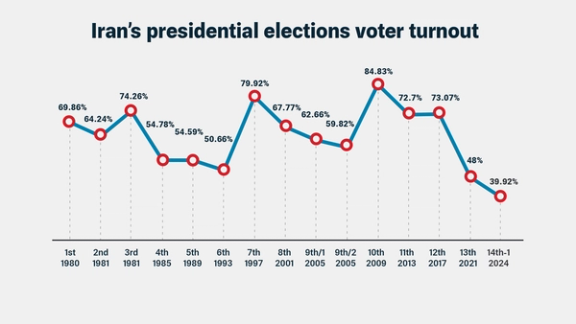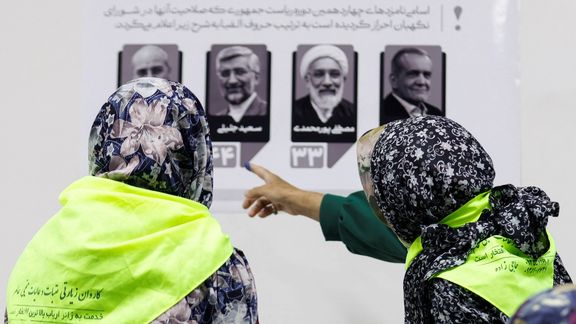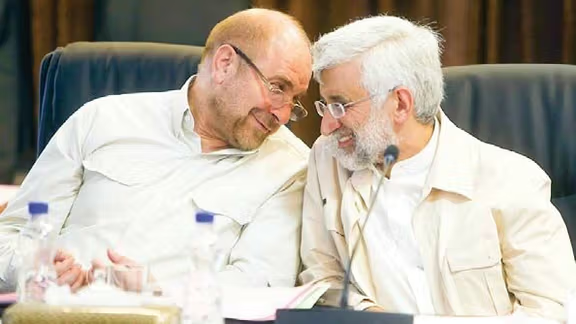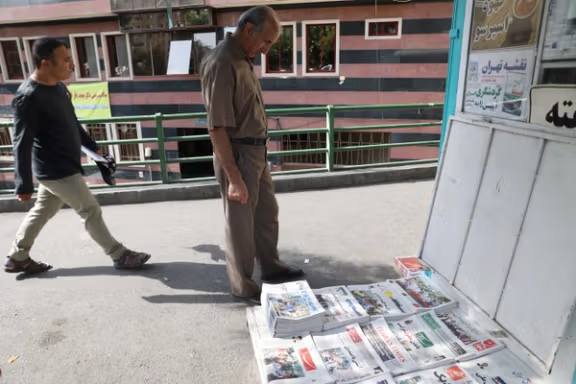Presidential election sets record for lowest voter turnout
The June 28 presidential election marked the lowest voter turnout in the history of the Islamic Republic, with only 40 percent participation. This breaks the previous record set during the last election, in which the late President Ebrahim Raisi won with 48 percent turnout.
Activists and officials have highlighted that the low turnout is a clear sign of the public's discontent with the ruling autocracy, demonstrated through the widespread boycott of the election.

Mostafa Pourmohammadi, who scored the lowest number of votes in the election, said on X: "Greetings to all of you who came to vote on June 29, and respect to all of you who did not believe us and did not come. Your presence and absence are full of messages that I hope will be heard. Your message is clear and unambiguous.”


